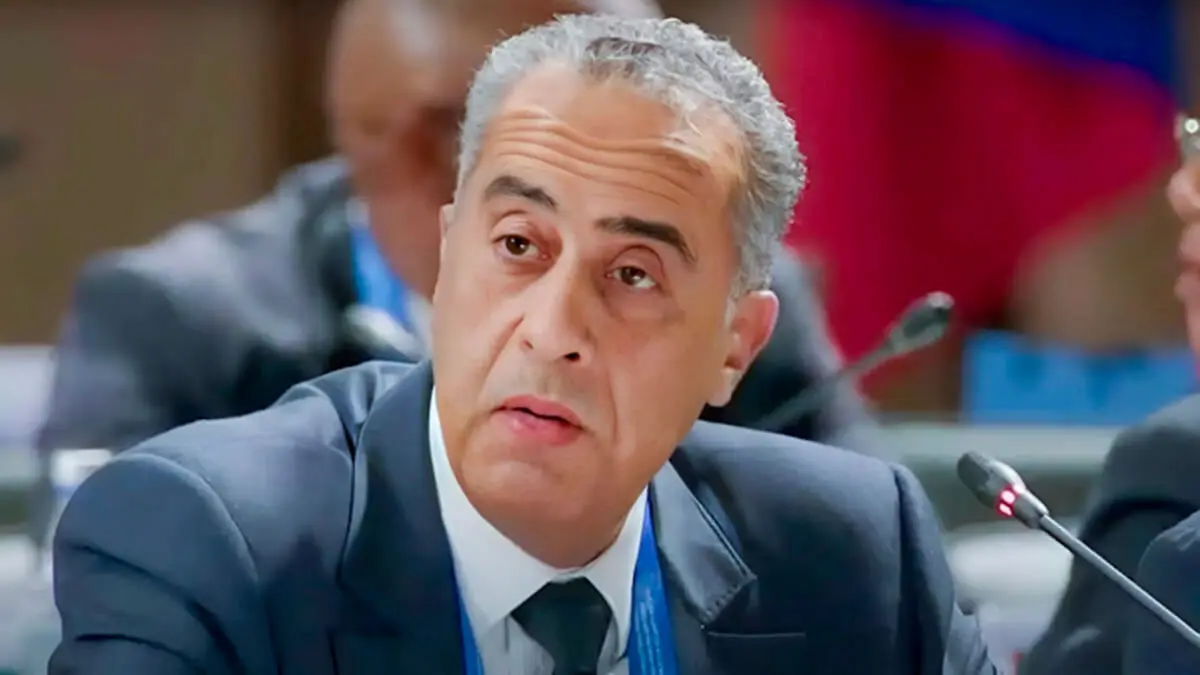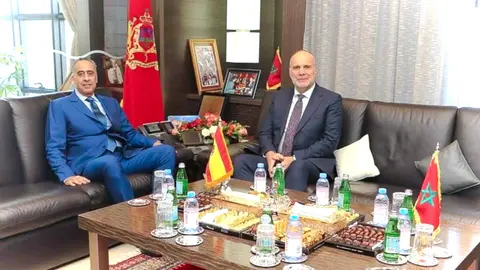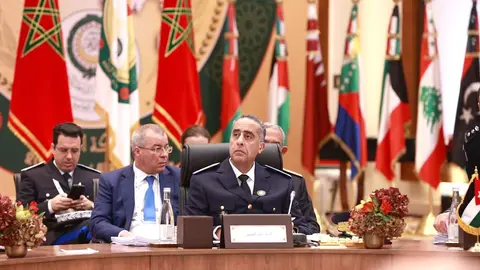Abdellatif Hammouchi appoints 14 new officials in various cities across Morocco

The head of Morocco's General Directorate of National Security (DGSN) and General Directorate of Territorial Surveillance (DGST), Abdellatif Hammouchi, has approved the appointment of 14 new senior security and territorial surveillance officials in various cities across the Moroccan kingdom.
The new appointments cover 14 high-level posts in Rabat, Casablanca, El Jadida, Errachidia, Sefrou, Agadir, Ouislane, Taza, Mohammedia and Dakhla, thus renewing positions of great importance in terms of protection and security in these Moroccan enclaves.
Abdellatif Hammouchi continues to implement a strategy of reshaping important strata of the Moroccan state security forces with the aim of promoting young talent and encouraging rotation in key management positions, as has been the case in recent months.
These latest appointments affect various levels of responsibility within the public security services. Among the main appointments is the appointment of a new chief for the Al Mouhit district in Rabat, as well as the appointment of deputy chiefs for the police districts of Aïn Sebaâ-Hay Mohammadi, Hay Hassani and Bernoussi-Zenata in Casablanca. In addition, a new chief has been appointed to head the Bir Jdid Regional Police Station.
Beyond public security, this wave of appointments also affected traffic and road safety services in several cities, including Dakhla, Sefrou, Mohammedia and the Médiouna area in Casablanca. The new chiefs are now also responsible for controlling two police districts in the port area of Agadir and the Dakhla region.
In addition, other positions of responsibility were renewed, with the appointment of a head of the Regional Intelligence Brigade in Errachidia, a head of the regional administrative service in Taza, and a head of the administrative branch in the Ouislane security zone near Meknes.
These appointments seek to strengthen the management and command structure of Morocco's security and police forces by promoting professionals with the skills and experience to carry out the tasks assigned to them in this area.
This dynamic also reflects a human resources management strategy geared towards strategic mobility and the constant renewal of key positions.
Morocco is distinguished by its highly competent and experienced security forces and the current dynamic of renewal of key management positions in the field of national security serves to ensure healthy competition among the commanders assigned to this area and to recognise the merit of those personnel who are most capable of performing tasks related to national security and territorial surveillance.
This dynamic continues to bear fruit because Morocco is considered a key country in terms of national security, with Abdellatif Hammouchi at the head of the DGSN and the DGST, a figure who is also highly recognised internationally, as evidenced by his regular contacts with top security officials from other relevant countries such as the United States, France, Qatar, Spain, etc.










